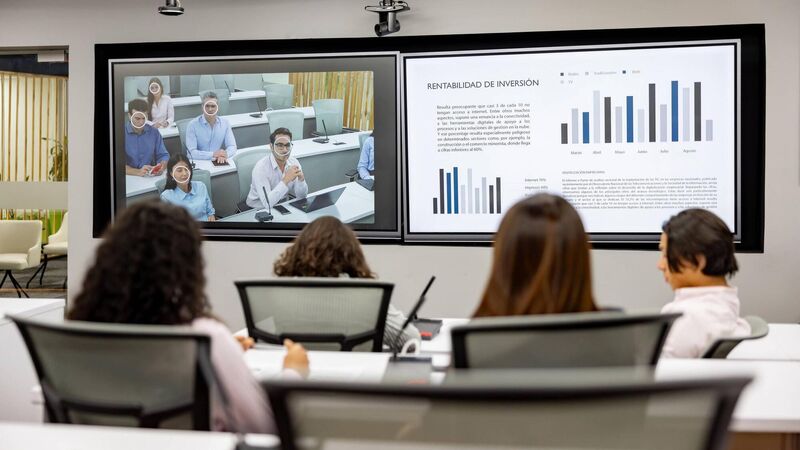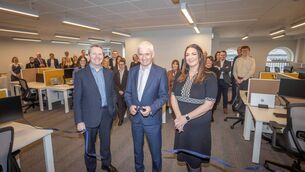Artificial Intelligence, a useful tool to support human critical thinking

Artificial Intelligence and other new technologies are useful tools, but they are accelerators rather than pure decision-making engines; that is where a critical thinking skill set comes in, says Peter Rose of TEKenable.
‘Data Director’ Donal fondly recalls his early days in the IT business and still finds it hard to believe that it was more than 40 years ago.








